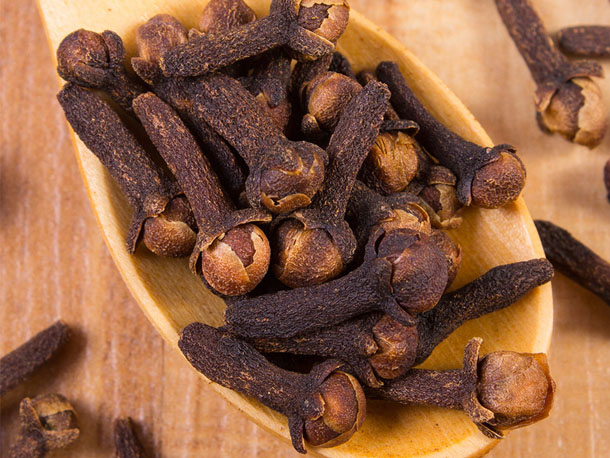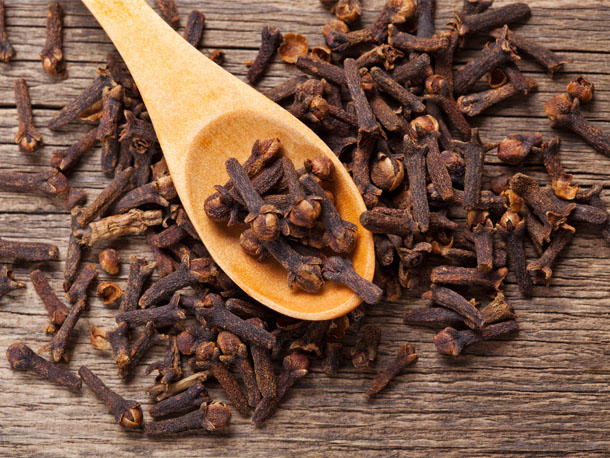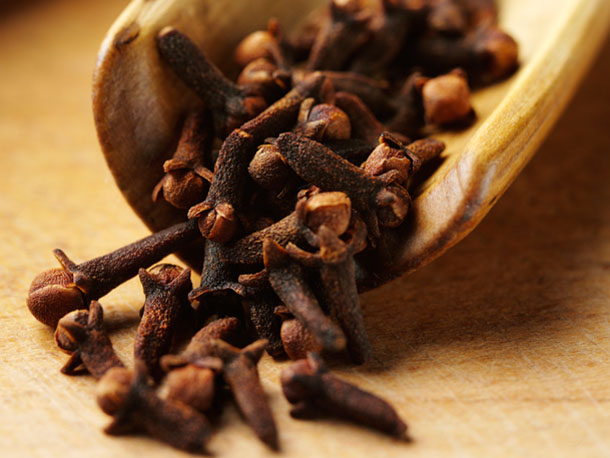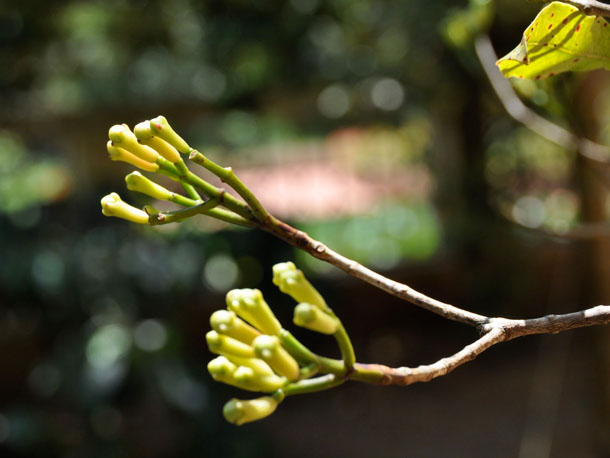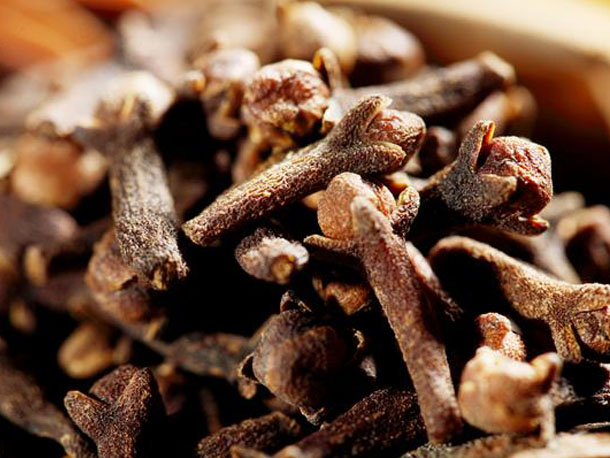Global cloves market might ‘surf on a wave’ in 2015

Madagascar’s new cloves crop is in full swing but the total volume is not massive and it is thought that much has already been sold.
The global market as a whole is expected to see continued underlying strength next year, but not show massive additional gains from recent levels.
Commenting on the Madagascar crop, Emmanuel Nee of French trader Touton said: “Not more than 8,000 tonnes will be available out of which it’s quite possible that almost 40-50 % has already been shipped and/or bought and brought from the bush to – at least – the accumulation places.”
Nee added that the available balance is not substantial.
Similarly, Gregoire Courme of French trader Aromatum said that about 50% of the crop has already been shipped or contracted. This is helping to keep local prices “tense”, he noted.
Favourable quality
The quality of the new crop cloves is good and the new regulation and supervision from the Groupement des Exportateurs de Girofle de Madagascar (GEGM: the clove exporters association of Madagascar) has helped in this regard. The controls put emphasis on the whole area of quality improvement and better general market conditions.
Meanwhile, some 20 full container loads of Madagascar cloves are stuck at port without an export permit as the quality does not match required standards.
Exporters are calling for the shipments to be permitted but both the GEGM and government “won’t give up the fight”, Nee observed. He recalled that this was a similar situation to when they did not give a license to export to a few “outsiders” because they were not even able to show a company registration, a tax payment proof, and evidence of a place to work/prepare cloves.
Nee was hopeful that after so many problematic years it was possible to now envisage a normal situation in Madagascar with everybody working in the same “environment”, free to build the best strategy to give customers the best product and service at the best price.
Nee observed that Madagascar cloves prices had risen quite strongly at the start of the crop, before stabilising for a while at the high levels. Of late they have been easing a bit as money is needed in the bush, and are now back to around the levels at which the campaign opened.
“It happens already that some collectors are not willing to keep on delivering cargo at the ‘current’ prices but prefer to give money back to the exporter,” he added.
Nee viewed this as signalling a possible further rise in prices.
Courme said another factor keeping local prices firm is that shippers can buy all the quantities that they want.
Currency impacts
In addition, foreign currencies are weaker against the local currency, the ariary, so the prices in US dollar terms are rising slightly.
Nee said the ariary has increased by 6-7% against the US dollar in the last few weeks. This could mean a price difference of around USD700/tonne, which the domestic supply chain is not willing, or simply not able, to absorb. Moreover, so far nobody can tell whether the currency will stabilise, decrease, or increase further.
Courme added that some collectors and shippers in Madagascar are paying high prices for cloves in an attempt to make money in a more reputable way after unauthorised movement of other goods in and out of the country. For example, an economics researcher wrote in international report published last month that the “informal economy” in Madagascar could represent almost 90% of the official GDP.
Courme also noted that farmers in Madagascar have a psychological price of MGA100,000 (USD37.87) per kg in mind and do not accept selling below this level, or if they do, quality is “rubbish”. Moreover, they have enough money to sit on their stocks and retain goods.
Shippers have admitted that the market will not decrease before Christmas and do not expect any easing until the new crop arrivals increase.
In Comoros, the crop is nearly over. Touton might have opportunities for a few boxes until the new crop comes within the next six months so that it can stay on the market all over the season.
Zanzibar is almost sold out after a very short crop.
However, it suddenly transpires that the Zanzibar State Trading Company is back offering slowly, at prices just above USD11,000/tonne.
Nee viewed Brazilian cloves prices as excessively high, being even more expensive than Madagascar or Comoros material a few weeks ago.
Brazil’s crop is very short, with trade estimates claiming it is as low as 1,500 tonnes. This would be less than 25% of the size of last year’s crop. Nee noted that it is even difficult to get offers out of Brazil “these days”.
“Some report that offers are getting a bit more reasonable but still well above USD10,000 (per tonne) for what we know to be Brazil quality,” Nee added. Moreover, he questioned who would be willing to pay such a price for Brazilian cloves and raised doubts over whether even South American buyers would move in at these levels.
Decent crop in Sri Lanka
In Sri Lanka, the crop looks to be really good this year. Estimates have indicated a possible range of 5,000-6,000 tons which is “quite a bumper one”, Nee said.
However, a possible 6,000 tonnes is negligible when viewed in the context of the needs of buyers in India, Pakistan and Middle East countries knowing that Brazil this year will not supply anything, he warned.
Nee explained that Sri Lankan cloves prices are “rather low”, being close to USD9,500/tonne fob, but warned that quality is also very low.
He expects a substantial portion of this crop to go to India and the Middle East, where there is a hefty need to cover.
Sri Lankan cloves can also be used as a substitute for Brazilian cloves in those countries where price is the dominant consideration over quality.
Meanwhile, adverse weather in Sri Lanka is creating challenges for exporters to dry and ship their cargoes. This is exacerbating shortfalls in quality and not helping Sri Lanka to bring its cloves quality back to the top level.
Nee dismissed ideas that the whole market should ease to Sri Lankan price levels. It was better to expect an improvement in the quality of Sri Lankan cloves and for prices to gain in line with this, he suggested.
Courme observed that a few buyers are trying to exert pressure on Madagascar to reduce its prices on the basis that they have Sri Lanka as a cheaper alternative. “However, most of the traders know that the quality of the Sri Lankan cloves will be less than that from Madagascar, because of the rainy weather (in Sri Lanka) since the beginning of December,” he said.
On the demand side, Indonesia remains absent as a buyer.
Nee said that despite this it is debatable where the cloves are going to come from in order to meet global consumption requirements for the next six months, particularly since there is a lot of cover still to be done.
India could be a key buyer soon
Among these uncovered markets, India – the largest consumer after Indonesia – should be monitored carefully as its requirements for the first quarter of 2015 could be quite large, Nee remarked.
Most Indian importers would prefer to purchase from Sri Lanka on a hand to mouth basis. However, this likely steady pace of buying would only delay the potential shortage appearance by a few weeks, he claimed.
Hence, further pricing firmness is to be expected. “However, I do not expect the cloves market to move with a high amplitude in 2015,” Nee revealed.
Nee suggested that the overall market might “surf on a wave” in 2015, projecting a possible price range from around USD10.00 per kilo fob “in the very best case”, for the CG3 grade under the new regulations, to USD11.00/ kg.
“The current price in Madagascar can therefore be considered a good window for buyers to take the opportunity of covering some containers right now,” Nee said.
However, the current relatively low prices are known to all global markets and the more demand that has to be covered the quicker Madagascar exporters will react and raise their prices. “We all know that speculation is a kind of ‘national sport’ in Madagascar,” Nee concluded.

